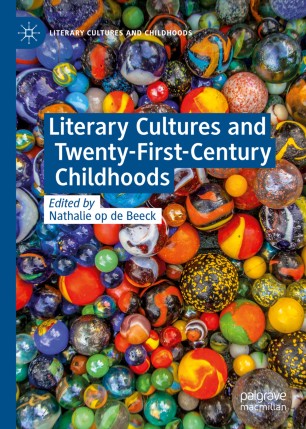

Most ebook files are in PDF format, so you can easily read them using various software such as Foxit Reader or directly on the Google Chrome browser.
Some ebook files are released by publishers in other formats such as .awz, .mobi, .epub, .fb2, etc. You may need to install specific software to read these formats on mobile/PC, such as Calibre.
Please read the tutorial at this link: https://ebookbell.com/faq
We offer FREE conversion to the popular formats you request; however, this may take some time. Therefore, right after payment, please email us, and we will try to provide the service as quickly as possible.
For some exceptional file formats or broken links (if any), please refrain from opening any disputes. Instead, email us first, and we will try to assist within a maximum of 6 hours.
EbookBell Team

4.8
94 reviewsIn the early decades of the twenty-first century, we are grappling with the legacies
of past centuries and their cascading effects upon children and all people. We
realize anew how imperialism, globalization, industrialization, and revolution
continue to reshape our world and that of new generations. At a volatile moment,
this collection asks how twenty-first century literature and related media
represent and shape the contemporary child, childhood, and youth.
Because literary representations construct ideal childhoods as well as model the
rights, privileges, and respect afforded to actual young people, this collection
surveys examples from popular culture and from scholarly practice. Chapters
investigate the human rights of children in literature and international policy; the
potential subjective agency and power of the child; the role models proposed for
young people; the diverse identities children embody and encounter; and the
environmental well-being of future human and nonhuman generations.
As a snapshot of our developing historical moment, this collection identifies
emergent trends, considers theories and critiques of childhood and literature,
and observes how new technologies and paradigms are destabilizing past
conventions of storytelling and lived experience.